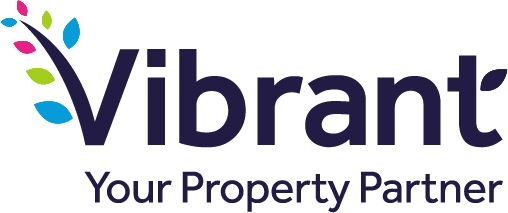Understanding Minimum Energy Efficiency Standards (MEES): A Guide for Landlords
- Ross Jones
- Dec 6, 2024
- 3 min read
The Minimum Energy Efficiency Standards (MEES) sets the benchmark for energy efficiency in privately rented properties across England and Wales. Ensuring your property meets these standards is not just about compliance - it’s about improving property quality, reducing carbon emissions, and helping tenants lower their energy costs.
What Is MEES?
Introduced to enhance the energy efficiency of privately rented properties, MEES legislation requires an Energy Performance Certificate (EPC) rating of at least an E for domestic properties.
Since April 2018, new tenancies cannot begin for properties with an EPC rating below E unless an exemption applies and from April 2020, the requirement was extended to cover existing tenancies unless the property’s EPC expired before April 2018 under a longstanding tenancy.
These regulations are part of the UK’s broader strategy to improve housing quality and achieve net zero carbon emissions by 2050. Landlords will need to meet a MEES requirement of a C in 2030 – meaning there’s a need to act now to avoid last-minute delays and supply chain price hikes etc. By acting now, landlords can benefit from knowing their properties meet MEES standards and have met their legal obligations, as well as adding value to their properties in the long-term.
Why MEES Matters
The UK has some of Europe’s poorest-performing buildings for energy efficiency. Over 29 million homes require upgrades to meet climate targets, making MEES a vital step towards reducing emissions. Also, an estimated 35% of fuel-poor households in England are in the Private Rented Sector. Poor energy efficiency leads to high bills, uncomfortable living conditions, and health risks for tenants. MEES aims to set a minimum standard that benefits both landlords and tenants.
What Landlords Need to Know
To comply with MEES, landlords must:
Ensure a Valid EPC
Obtain or renew the property’s EPC. This document provides the current rating and recommends improvements.
Meet EPC Requirements
A rating of E or above is mandatory. If your property doesn’t meet this, improvement options are available.
Legal Considerations
A valid EPC is required for actions like issuing a Section 21 notice to regain possession of a property.
Non-compliance with MEES regulations can lead to fines of up to £5,000.
What If a Property Falls Below the Minimum Standard?
If a property’s EPC rating is below E, landlords can explore several options:
Make Energy Efficiency Improvements
Work with us to identify cost-effective upgrades. We will provide recommendations on how to improve energy efficiency as well as the best upgrades to make in the property.
Seek Government Funding
Take advantage of available grants to offset the costs of improvements:
Boiler Upgrade Scheme (BUS): offers up to £7,500 to replace traditional systems with heat pumps or biomass boilers.
Energy Company Obligation (ECO4): provides free or discounted insulation and heating upgrades for low-income households with an EPC of D or below.
For details, contact us today. We will apply for funding on your behalf and our expert team will install the necessary upgrades.
Apply for an Exemption
If improvements are not feasible, landlords can apply for an exemption under specific criteria, such as:
All recommended improvements already completed
Consent from tenants or third parties is unavailable
Wall insulation causing damage
Property devaluation
Exemptions must be registered on the PRS Exemptions Register and are linked to the landlord, not the property. A new landlord must re-register if the exemption still applies. At Vibrant, we can apply for exemptions on behalf of landlords, ensuring all relevant and legal requirements are adhered to and put in place.
Staying compliant with MEES ensures your property meets modern energy standards while reducing costs and improving tenant satisfaction, while contributing to a greener, more efficient future for the UK housing market.



Understanding Minimum Energy Efficiency Standards (MEES) is crucial for landlords to ensure compliance and improve property value. While making energy-efficient upgrades, landlords can Redeem Coupon Codes to explore the best deals and offers on essential products, helping to save costs on eco-friendly improvements.
If you’re considering replacing or upgrading your windows, look no further than https://scottjameswindows.co.uk/ Scott James. Offering a wide range of high-quality window solutions, Scott James Windows helps homeowners achieve the perfect balance of beauty, security, and energy efficiency. Check out their collection today!